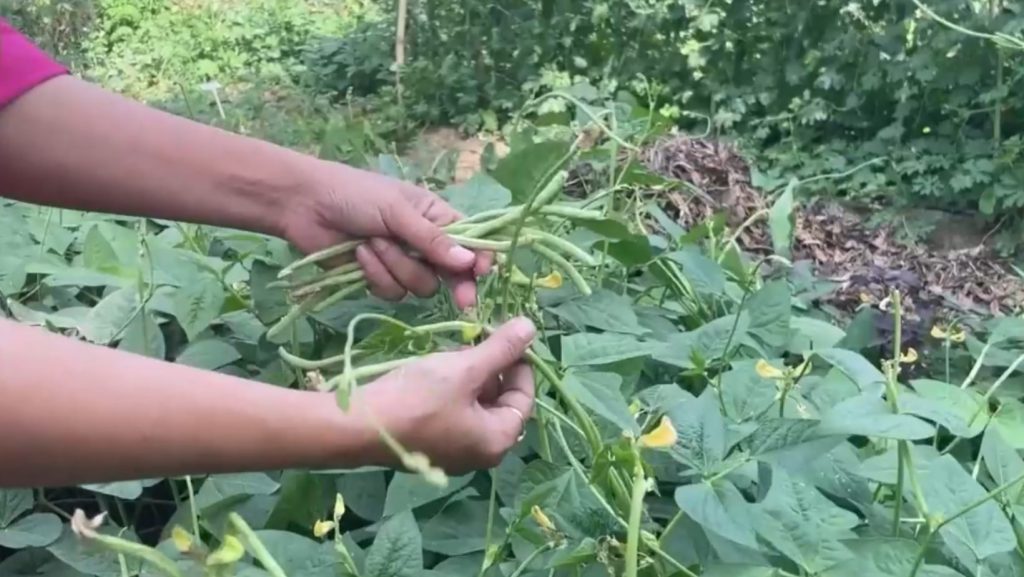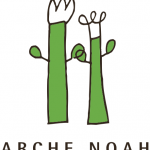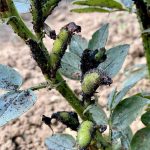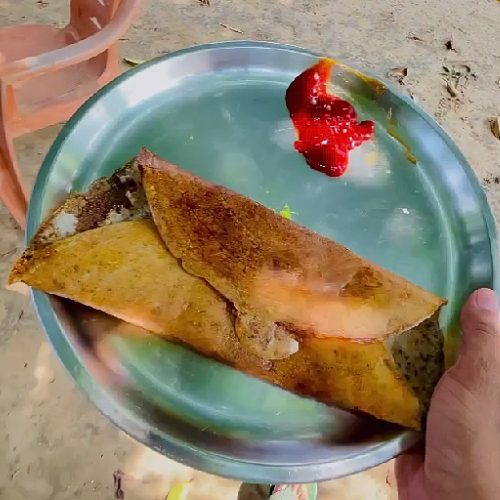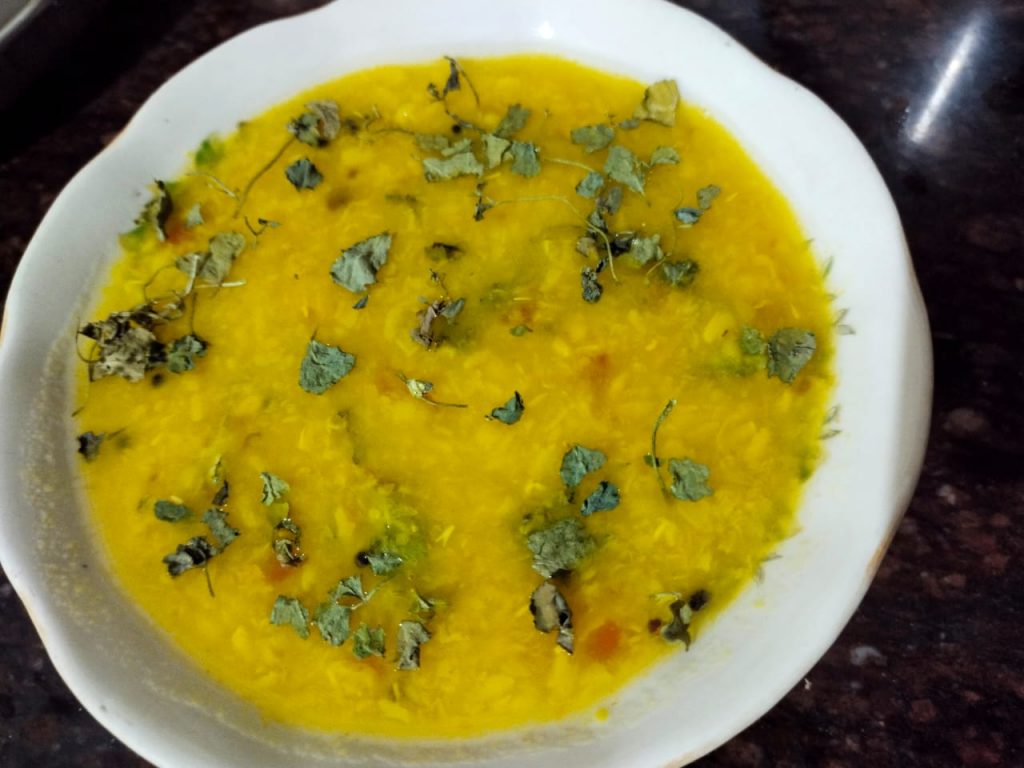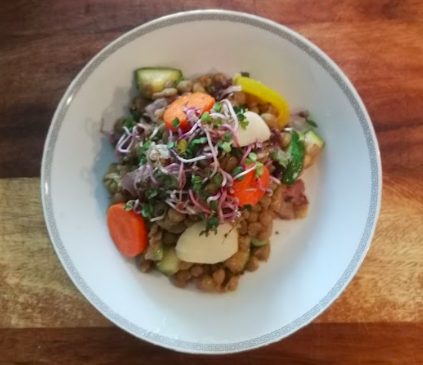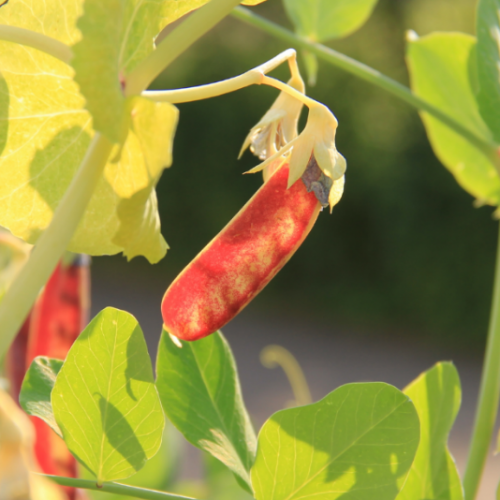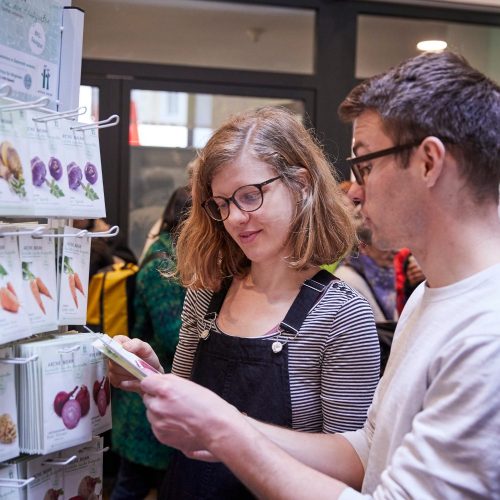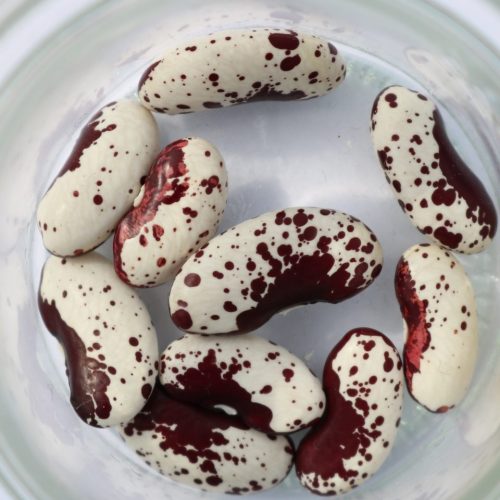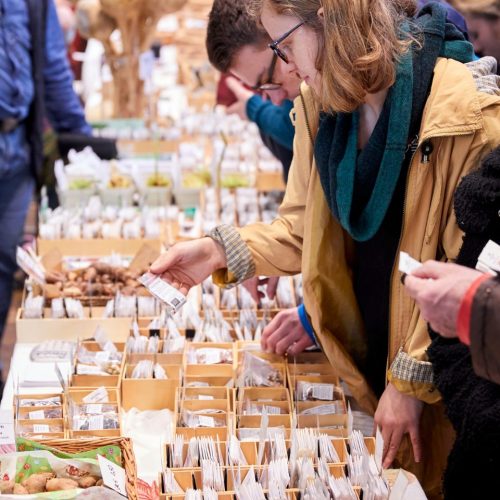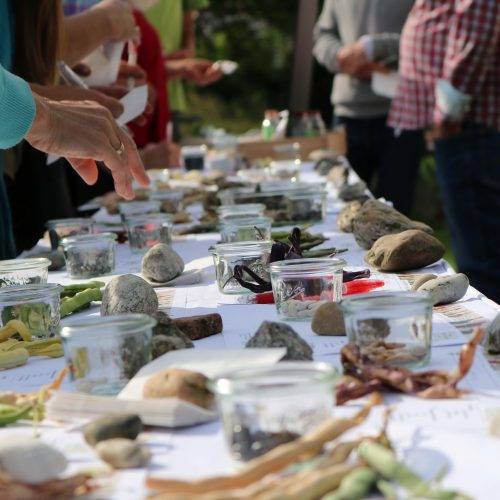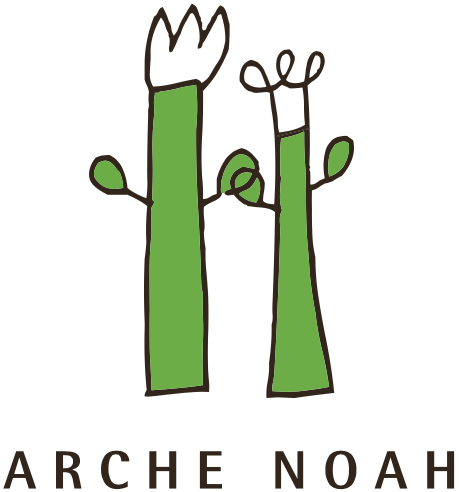ARCHE NOAH is an association with more than 16.000 members and was founded in 1990 as an initiative of heirloom gardeners, farmers and journalists, concerned with the future of seeds, fruits and heirloom varieties. ARCHE NOAH responds to the loss of agro-biodiversity with numerous activities and a positive outlook. All of us can contribute to more diversity through cultivation of threatened varieties in our gardens, through consumer awareness and political commitment.
Our main working fields: Seed Collection with 5.5000 accessions (including 800 beans), seed saver network (over 150 participants), seed and biodiversity policy and advocacy, public garden, sustainable use team (focus on tomatoes and legumes).
Global Bean projects we are involved in:
We can offer:
Maintaining and documenting rare bean varieties (& gardening skills), detailed cultivation instructions for beans and snap peas, experience in participatory breeding (pisum, vicia faba), decentralized variety trials, dissemination of knowledge, biodiversity and seed policy, legume recipe book, annual seed festival + events in our public garden.
We seek:
Experience with winter-hardy varieties of vicia faba for human consumption
In the Global Bean network since:
December 2021

Increased urbanisation has left less space for growing our vegetables on farms unlike in our rural areas. So space is one of the biggest constraints for farming. But to eat a healthy diet you need to grow your food in your locality!
Read more
Edible Routes is one of India’s largest organic farming organisations. At Edible Routes, we are moving towards creating a world of conscious and healthy people who care for themselves and the earth.
Read more

The lentil goes particularly well in fresh, summertime recipes. Claudia from heldenkueche and Cecilia Antoni share their tips and tricks during an inspiring cooking session!
Read more
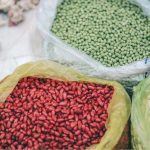
With overnutrition globally becoming a bigger problem than undernutrition, there is no shortage of food. However the price of food commodities is subject to speculation, and 36% of the grains are used as animal feed. Let's have a look at crisis-situations in Europe, Kenya, and India, and what part legumes could play.
Read more


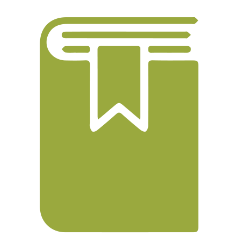 Publications
Publications Showgarden
Showgarden Recipes
Recipes Events
Events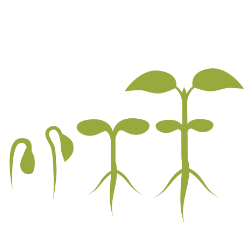 Articles
Articles
